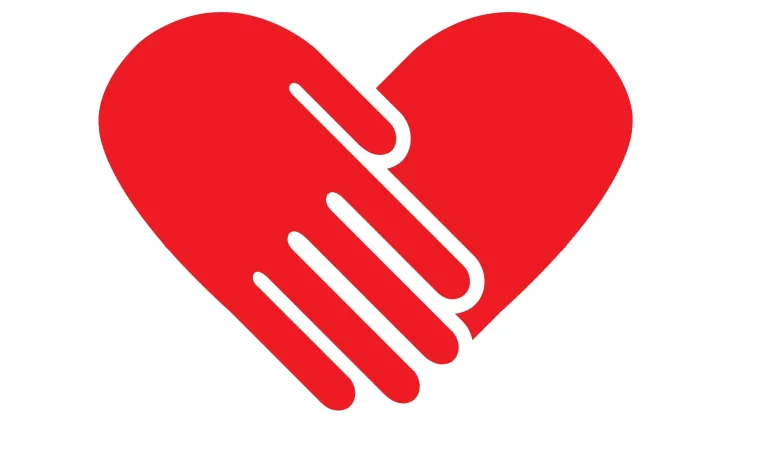
As the community continues to process the tragedy that occurred at the Chiefs Parade on February 14, 2024, we turned to the behavior specialists with our youth development team for guidance on dealing with the variety of feelings people of all ages are experiencing.
Our youth development behavior specialists support kids in before and after school programs and summer day camps throughout the metro. They’re trained in Trauma-Smart, and support youth who are living with trauma every day. In addition, our YMCA Head Start team members are also trained in Trauma-Smart to support Head Start children and their families.
For all ages, the incident at the parade adds a layer to whatever trauma someone may already be experiencing.
Traumatic experiences can manifest in various ways. Here’s some guidance on what to look for and how to support someone, as well as resources.
What to Look For
Children may be confused, frightened or have lots of questions. At the same time, they may also be happy to see friends, teachers and other trusted adults.
Likewise, adults may be processing their emotions and experiences, but may also be happy to connect with their friends.
Take note of changes, such as:
- Trouble sleeping and/or nightmares
- Inability to focus
- Irritability or outbursts of anger
- Feelings of sadness or guilt
- Avoiding crowds, noises or other people or places that remind them of the event
- Being easily startled
- Physical changes such as rapid heartbeat or breathing
- Lack of interest in activities they normally enjoy
- Asking questions (particularly in children)
How to Talk About It
If you believe someone may be experiencing trauma, here’s a framework to help you begin a conversation with them. Trauma-informed care uses this framework, which can work for talking to a child or an adult.
- Notice - Observe the person’s behavior and changes. Notice how you think the person may be feeling.
- Name - Talk to the person to help them identify their emotion and name it. For example, statements such as “It seems like you might be feeling angry” or “I wonder if you are sad” can help begin the conversation. It’s important to use phrases like “It seems like” or “I wonder” to avoid telling the person what their feelings are and give them room to express themselves.
- Validate - Summarize what the person shares with you, and validate their feelings with statements such as:
- “I hear what you’re saying.”
- “It’s ok to feel that way.”
- “I understand this is difficult.”
- Respond - Ask the person what they need, with questions such as “How can I help?” Sometimes just having someone listen is what’s needed, and “Thank you for sharing” is a supportive response. Other times, someone may need help beyond your conversation from an expert, and you can assist in contacting a professional resource.
Resources
Below are just a few resources who can help those experiencing trauma symptoms.
- Johnson County Mental Health - Call 913.268.0156 or text SHARE to 741-741.
- Jackson County Prosecutor’s Office Counseling Hotline - Call 816.881.1540
- 988 Crisis Hotline - Anyone going through a mental health, drug or alcohol crisis can connect to a Crisis Specialist 24/7 through calling or texting 988.
- Talking to Children About Scary Events - Our Trauma-Smart training partners at Crittenton offer this resource on how to talk to children about traumatic events. Download PDF.
- The National Child Traumatic Stress Network - Recommended by the mental health coordinator for our YMCA Head Start programs, these resources provide helpful information for children experiencing trauma.
- Age Related Reactions to a Traumatic Event - Download PDF
- Coping After Mass Violence - Download PDF
Moving Forward Together
As grownups, we need to be mindful of taking care of ourselves first and foremost so that we have the ability to support the people we care about. Maintaining routines can help create the consistency the kids and adults need when under stress, even if they don’t realize it.
Most of all, show grace to yourself and those around you - it takes time to process big feelings, and sometimes those feelings come out at unexpected times and in unexpected ways.





